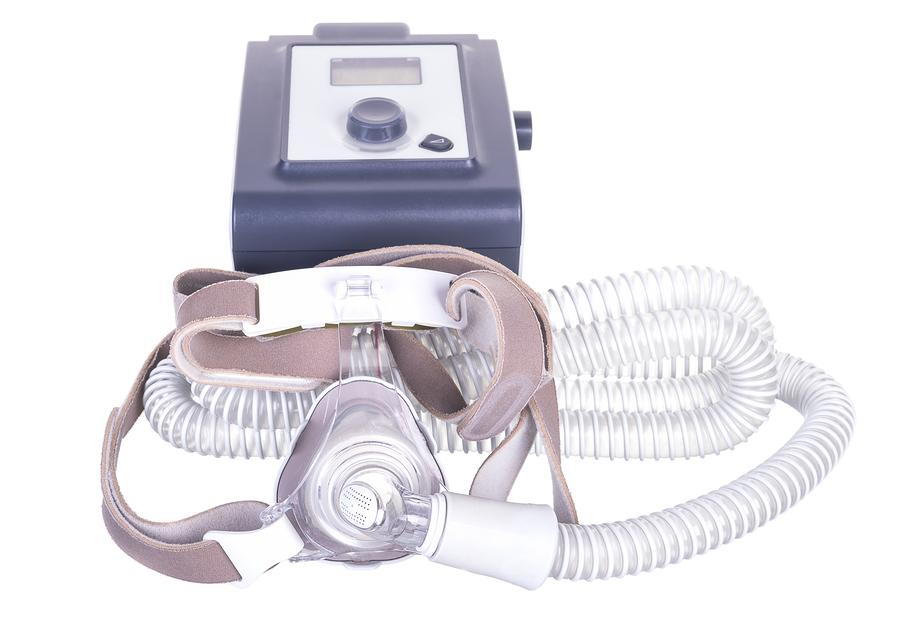A lack of sleep may be the most obvious consequence of sleep apnea, but it's not the most serious one. If you don't receive treatment for the condition, it can cause serious health problems. Our Westport, New Canaan, and Norwalk, CT, otolaryngologist, Dr. Andrew Parker, explains how sleep apnea affects your body.
receive treatment for the condition, it can cause serious health problems. Our Westport, New Canaan, and Norwalk, CT, otolaryngologist, Dr. Andrew Parker, explains how sleep apnea affects your body.
The problem
Sleep apnea causes you to stop breathing many times during the night. Although the pauses may only last 10 seconds, the cumulative effect of multiple breathing pauses deprives your brain of oxygen, which increases your risk of developing a range of health problems. Sleep apnea occurs when air can't travel freely from your nose to your lungs. The condition may occur if the walls of your throat become so relaxed that they collapse during sleep or your tongue falls into your airway. Obesity increases your risk of sleep apnea, as does having enlarged tonsils or adenoids.
The consequences
If you ignore sleep apnea, you might develop heart disease and stroke. The condition raises the risk of irregular heartbeat, heart failure, heart attack or high blood pressure. Every time your blood oxygen level decreases due to a breathing pause, your blood pressure increases. Over time, these drops can be very damaging to your heart. If you're a man, your risk of heart disease may rise significantly. According to the results of a research study published in PLOS Medicine, men aged 40 to 70 with severe sleep apnea had twice the risk of dying as men who did not have the condition.
Sleep apnea also increases your risk of developing certain diseases, such as type 2 diabetes, liver disease, and metabolic syndrome. When you don't get enough sleep, it may be more difficult to concentrate at work or when you drive, which can make it more likely that you'll suffer an accident. Depression may also be a problem if you have sleep apnea. People who have the condition often report difficulty losing weight or suffer from morning headaches.
How is sleep apnea treated?
Treatment for sleep apnea involves keeping your airway open while you sleep. If a sleep study reveals that you have sleep apnea, we may recommend that you use a Continuous Positive Airway Pressure (CPAP) machine when you visit our Westport, New Canaan, and Norwalk office. The machine delivers a continuous flow of air via a small mask while you sleep, preventing breathing pauses. The alternative to CPAP would be UPPP or Uvula of tonsils or a jaw repositioning device.
Don't put your health at risk due to sleep apnea. If you suspect you have sleep apnea, call our Westport, New Canaan, and Norwalk, CT, otolaryngologist, Dr. Parker, at (203) 866-8121 to schedule an appointment.